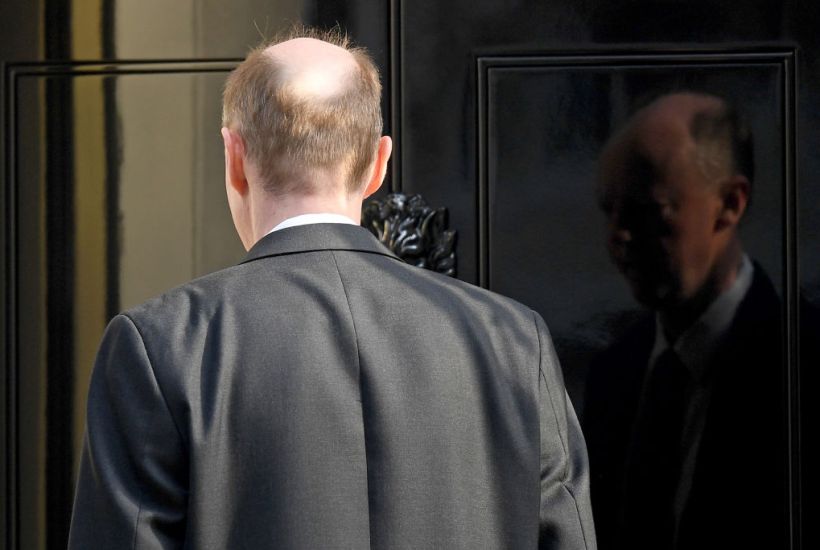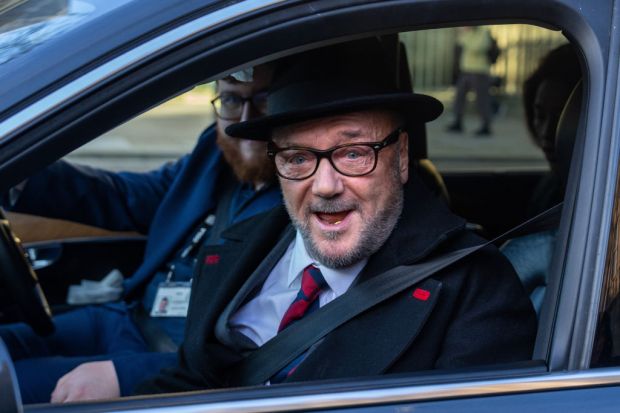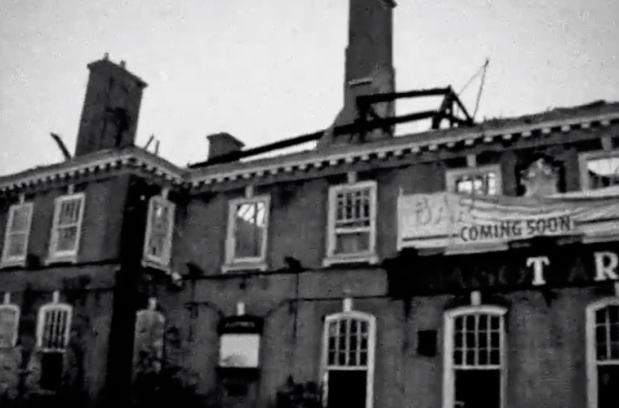The government’s response to criticism of its approach to this pandemic is that it has been ‘guided by the science’ throughout. When Keir Starmer accused the government of being slow to introduce a lockdown at PMQs yesterday, Dominic Raab shot back to ask whether Starmer was really saying that he knew better than the chief medical officer and the chief scientific adviser.
The government’s defence is a reasonable one: just imagine the row if it turned out that the Prime Minister had been overruling the advice of his top medical and scientific advisers. But, as I say in the magazine this week, in private, there is an admission that there was, perhaps, a belief early on that the science was more definitive than it actually is. One Johnson ally accepts that the inquiry will criticise them for not interrogating the evidence enough in the early months of the year, of accepting the expert advice too readily. Inside government, they admit that they didn’t realise quickly enough that epidemiology was more like economics than physics: lots of variables, lots of assumptions, and no one right answer.
Cabinet members have been taken aback by the disagreements among those now advising the government. One minister remarks, with a note of shock, that ‘scientists are as bitchy as a bunch of lawyers’ and that ‘there are a lot of people who want Whitty’s job’, a reference to the chief medical officer Chris Whitty. Another notes: ‘The Sage [Scientific Advisory Group for Emergencies] committee members don’t even agree with each other. They bicker. And we talk about following ‘the science’ as if there’s one opinion and not at least seven.’
At the next review, Boris Johnson will face one of the most difficult decisions a Prime Minister has had to face in modern time: how much more of this can the economy and society take and how can he relax the current restrictions without triggering a second peak that could overwhelm the NHS?
The medics and scientists can advise him on ways to ensure that the virus stays within the NHS’s new expanded capacity. But as Chris Whitty made clear at the press conference yesterday, it is – ultimately – going to be for ministers to decide how to do this. Essentially, the question is what trade-offs are they prepared to make.
Got something to add? Join the discussion and comment below.
Get 10 issues for just $10
Subscribe to The Spectator Australia today for the next 10 magazine issues, plus full online access, for just $10.





















Comments
Don't miss out
Join the conversation with other Spectator Australia readers. Subscribe to leave a comment.
SUBSCRIBEAlready a subscriber? Log in